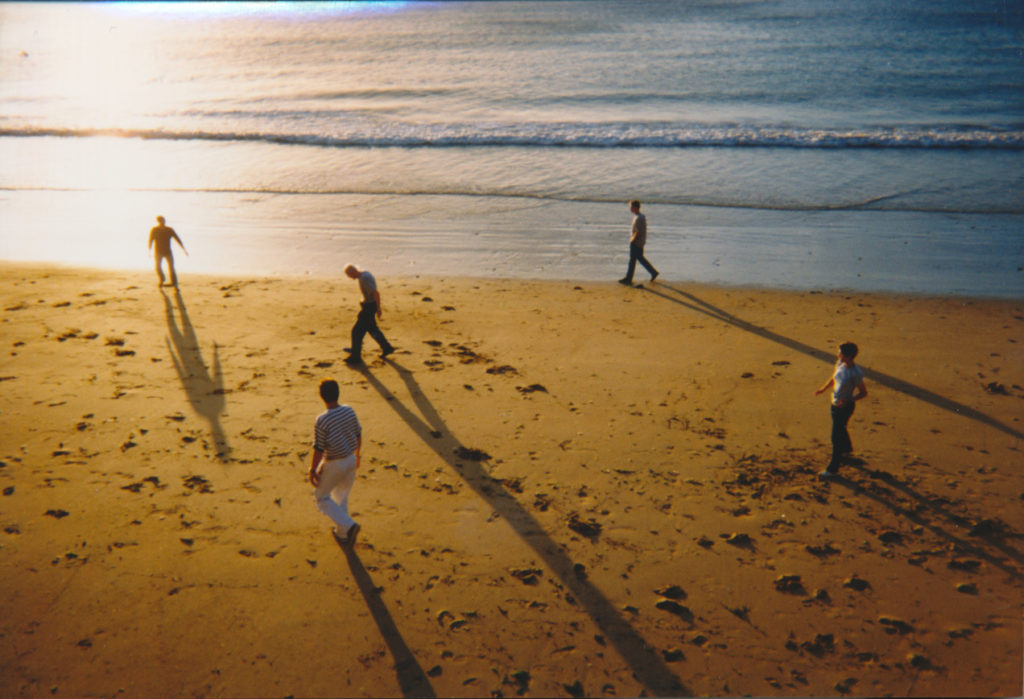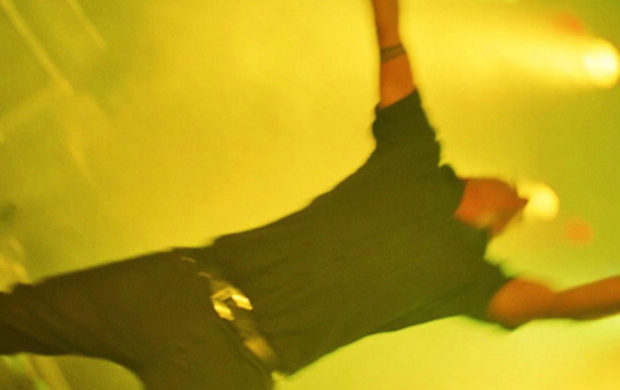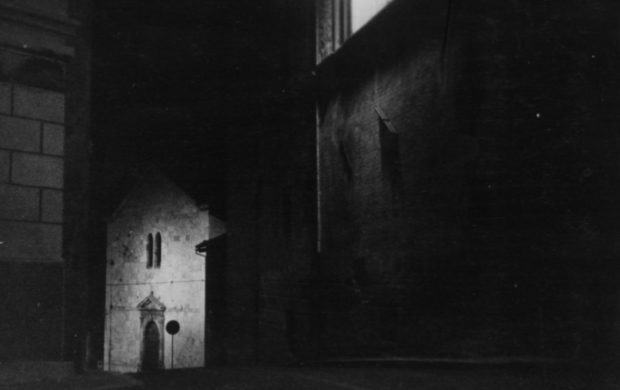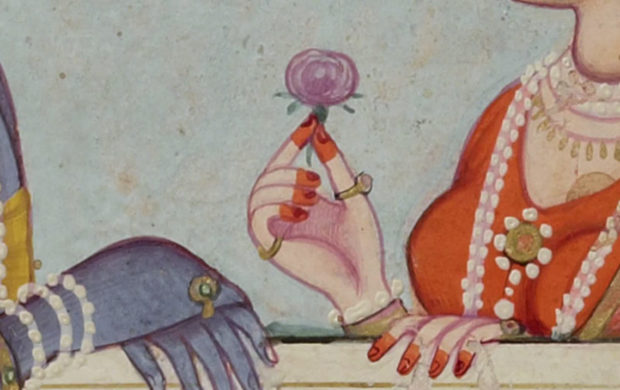La Fabrique du Conte d’été
Working with rushes and film footage, Jean-André Fieschi and Françoise Etchegaray (former assistant to Eric Rohmer) compose a second fiction of A Summer’s Tale: an invitation to enter into the making of cinema’s reality and discover a second tale.
On Dinard beach, one Sunday in the heat of July. In the usual summer torpor, a group of young men and women are bustling with activity. What they are doing normally catches the eye, but no-one seems to be paying them any attention. They are obviously amateurs, as one expert passer-by will diagnose. These young people are flanked by a curious participant, clearly much older, yet always alert or active. Nosferatu at the beach? He is shaded from the sun by some ingenious tulle or straw contraptions and is surveying everything: it is he who operates the clap before each shot, manages the flow of people and keeps passersby away from the camera as it advances. He spryly removes an ill-placed waste bin from out of the camera field, and promptly scours the Saint-Lunaire beach at low tide just before the shoot. Or again, there is he rubbing sun lotion onto a young actress’s back.
He never raises his voice, sometimes seems very hesitant. Yet, the speed of his decisions can be stunning. No pretence of total control in all that, quite the contrary.
No cinema.
(But one will discover that everything hangs together in this economy).
Doubtless, none of the inattentive holidaymakers suspects that, under their distracted gaze, one of the most admired, the most famous, the most internationally reviewed and also one of the «youngest» filmmakers is at work. Transparent, invisible.
La Fabrique du Conte d’été is a journey into film and what a film weaves for «reality’s seamless robe», to quote the canonical, yet ever fresh formula of Saint-Bazin of Nogent. What indeed is mise en scène?
Jean-André Fieschi
Compagnie Eric Rohmer
François Etchegaray
Pascal Ribier, Frédéric de Ravignan
Martine Bouquin
Compagnie Eric Rohmer



